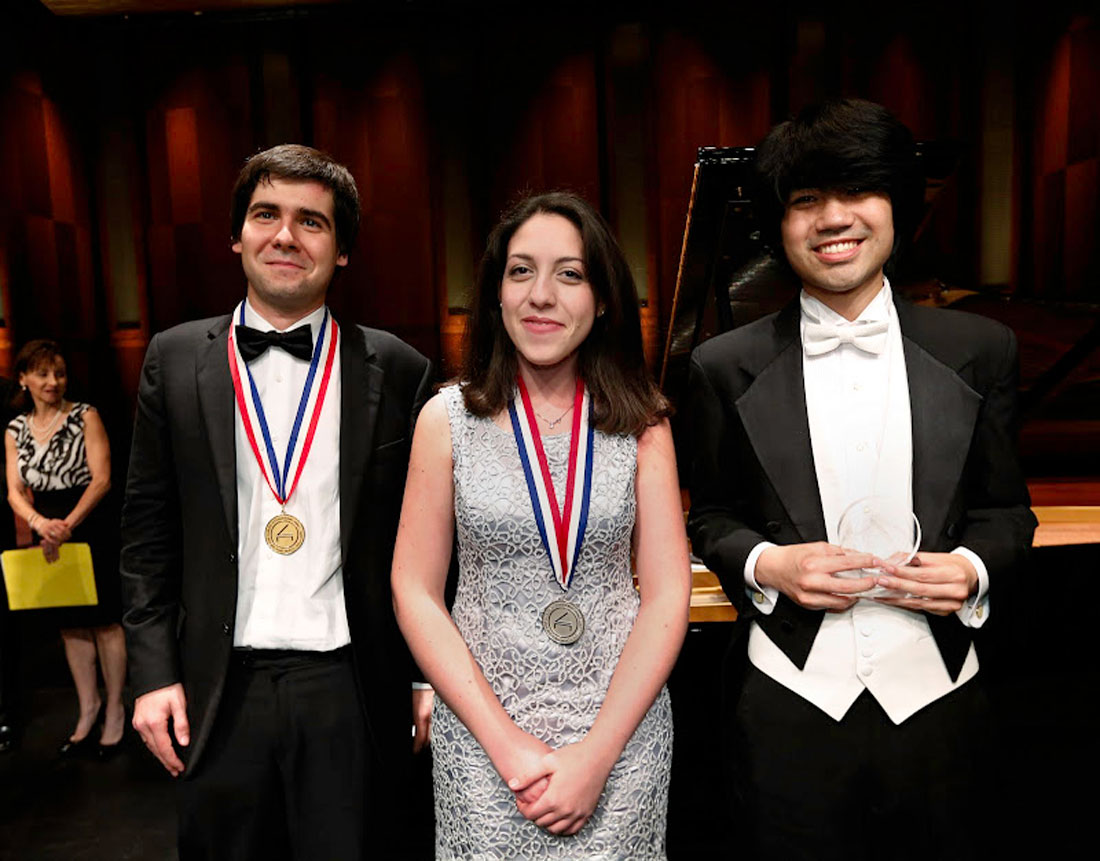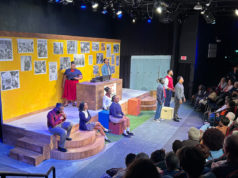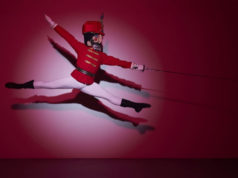Hearing only the finals of the 14th Van Cliburn International Piano Competition in Bass Performance Hall last week gave me a different perspective on the young hopefuls than the jury had. During the course of the contest, jurors heard three solo recitals and a performance with the Brentano String Quartet from each of the six pianists. I heard only the final two concerto performances with the Fort Worth Symphony Orchestra, one classical and one more modern.
Regardless, my vote was the same as the jury’s: for Vadym Kholodenko of Ukraine as the winner. He headed my list of top three contenders at the end of the finals. His performance of the Prokofiev Third Piano Concerto was a strong, passionate look at the composer’s music as it mellowed and became less aggressive than in some of his earlier works. There are even hints of the haunting ballet music still to come. Kholodenko found the romantic core of the piece as well as its power and gave a wonderfully finished performance.
And his Mozart playing, in the C Major Concerto No. 21, was full-bodied, yet still in keeping with 18th-century music-making. His pianissimo sounds in the slow movement also were ravishing.
In addition to his $50,000 award (double what was handed out at the last Cliburn, four years ago), Kholodenko won the $6,000 award for best chamber music performance and $5,000 for best performance of the competition’s commissioned work, a new piece by American Christopher Theofanidis. Kholodenko also is guaranteed international and U.S. concert tours for the next three concert seasons and a recording contract with Harmonia Mundi (USA). He even gets a new concert outfit provided by Neiman Marcus — in all, a remarkable haul for a music competition.
Italian Beatrice Rana’s second place was a surprise. She wasn’t even on my radar. She gave a restrained, one is inclined to say “polite,” reading of the Beethoven Third Piano Concerto in her first appearance, perhaps playing academically for fear of how jurors might think this breakthrough early Romantic work should sound. Guest conductor Leonard Slatkin, leading the FWSO, joined her in the subdued approach, and the performance, despite some special moments, never took off.
Rana did show pizzazz by tackling the unforgiving Prokofiev Second Piano Concerto, a dissonant mountain of a piece challenging all comers with its craggy peaks and thunderous caverns. While she couldn’t muster enough strength to give the punishing first-movement cadenza its full effect and undercooked the music in some other places, she gave an intelligent reading of the piece that earned a handsome ovation. Yet none of this seemed second-place caliber. (Judging, however, was based on all performances, not just the concertos.)
In addition to her $20,000 prize, Rana also took the audience favorite award of $2,500. Voting was limited to online webcast viewers, and more than 24,000 ballots were cast, according to Cliburn officials.
Russia’s Nikita Mndoyants had the muscle, and then some, to play the same Prokofiev concerto with commanding sound and passionate involvement but didn’t place in the top three. His Mozart playing in the D Minor 20th Concerto may have used a heavier hand than some people find appropriate.
Sean Chen of the United States seemed a shoo-in for a top prize after his exhilarating performance of the Rachmaninov Third Concerto that closed the competition, and he did take third place. It was an expansive, glowing performance that brought the audience to its feet with a roar and brought him back for four curtain calls. He also gave a bold, personal account of the Beethoven Fifth Piano Concerto earlier on that stayed within the sound parameters of the period while still offering a host of instrumental colors. He also received a $20,000 award.
But each of the six finalists received what is perhaps the most valuable prize in the long run: three years of career management overseen by the Cliburn Foundation. Bookings are the lifeblood of any artist, and for many of the young pianists this can be the beginning of a profitable career.
The story of this year’s Cliburn wouldn’t be complete without recognizing guest conductor Slatkin, a hero who was not only sympathetic to the young people, most of whom had limited orchestral experience, but who also brought out amazing sounds from the FWSO. The opening of the Beethoven Fifth Concerto slow movement, for example, was extraordinary, the strings whispering the melody with an ethereal, hymn-like sound I’ve never heard in the music before. Moments like this abounded in the finals: elegant phrasing, subtle accents, beautiful sounds. Let’s hope he returns for the next competition.












